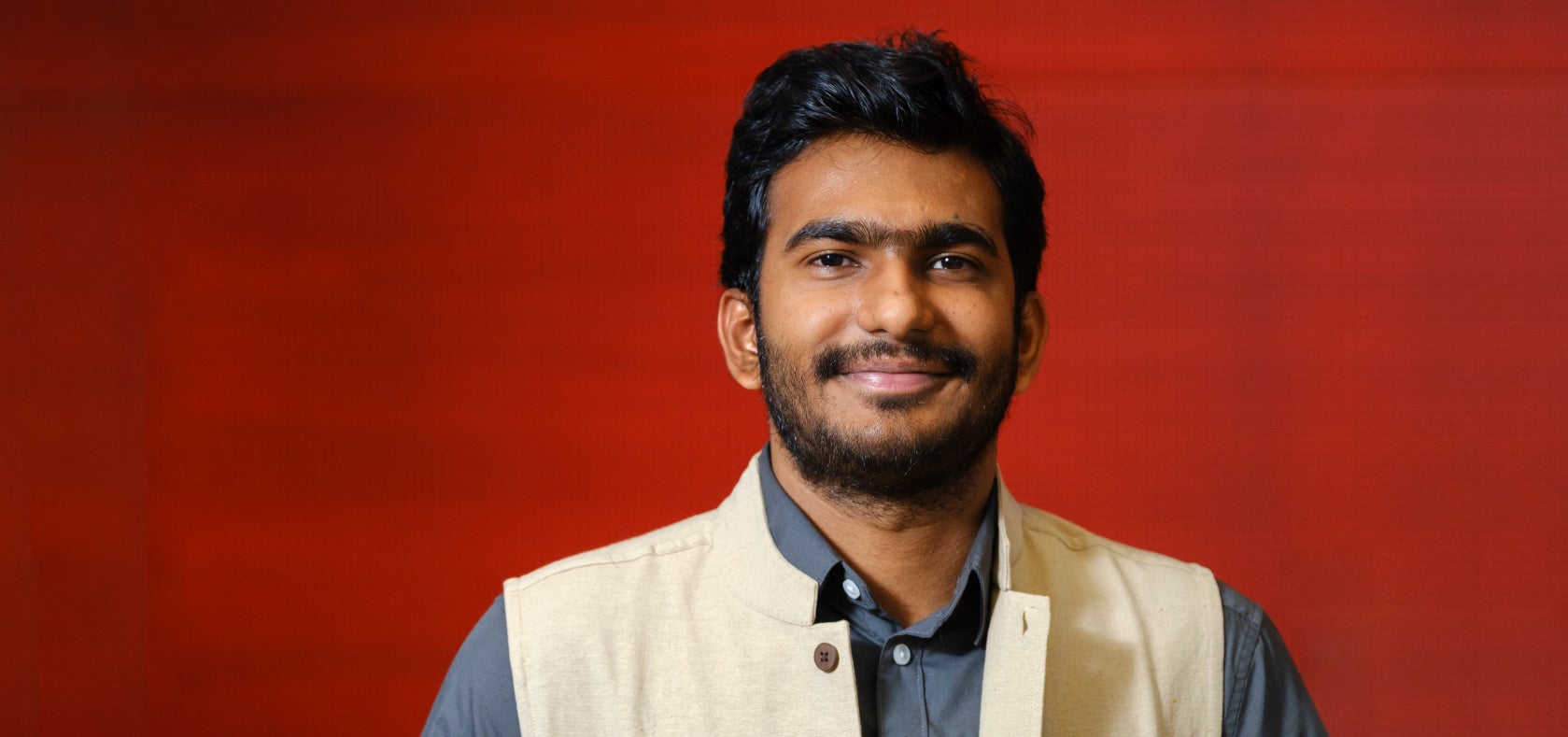Beijing+30 Youth Blog: Safeguarding digital spaces in Indian/South Asian politics
Date:
Author: Akhil Neelam

As a youth advocate for gender equality in South Asian politics, I've witnessed first-hand the transformative power of technology in amplifying women's voices. At Centre for Gender And Politics, I work towards creating positive discourses around women’s leadership and journeys. However, the digital realm, while offering unprecedented opportunities, also presents unique challenges that threaten to undermine the progress we've made since the adoption of the Beijing Declaration and Platform for Action.
The Beijing Declaration and Platform for Action emphasized increasing women's participation in decision-making and promoting a balanced portrayal of women in the media. Today, these objectives have taken on new urgency in our digital world, especially in light of alarming statistics. A recent study by Amnesty International revealed that women politicians in India typically receive 113 hostile or abusive tweets daily, making up 1 in every 7 tweets about them. About a fifth of these tweets were found to be sexist or misogynistic.
In South Asia, women politicians face a dual challenge: navigating online spaces safely while also advocating for the causes they care about. The rise of AI-generated deep fakes and coordinated online harassment campaigns pose significant threats to women's political participation.
As youths at the centre of this digital revolution, we must not just advocate for increased representation; we must also focus on creating safe digital environments for women to exercise their political voices.
We need allies, especially men, to join this fight. Men in politics and male-dominated political parties must step up. They need to:
- Recognize and call out online harassment targeting their female colleagues
- Advocate for and implement internal party policies that protect women members from digital violence
- Use their platforms to amplify women's voices rather than speak over them
- Participate in sensitivity training to understand the unique challenges women face online
And here are some steps we youths can take to enhance online safety for women in South Asian politics:
- Advocate for robust digital literacy programmes that will empower women politicians with the knowledge to navigate online spaces safely
- Advocate for laws that specifically address online harassment and protect women's digital rights
- Collaborate with tech firms to develop AI-powered content moderation tools that can quickly identify and remove abusive content
- Encourage young women to pursue STEM careers, to ensure gender-responsive development of online safety tools
It's up to all of us -- regardless of gender -- to ensure that technology becomes a tool for empowerment rather than oppression.
Biography:
Akhil Neelam, 29, is Co-Founder and Director at Centre for Gender And Politics, a non-profit think tank based in India that contributes high-quality scholarship on the intersection of gender, politics and South Asia. He mobilized over 130 volunteers across South Asia, publishing articles and reports, and hosting roundtables that foster gender-inclusive policymaking. Additionally, Neelam has consulted with government departments in India on public education strategies and innovation.

